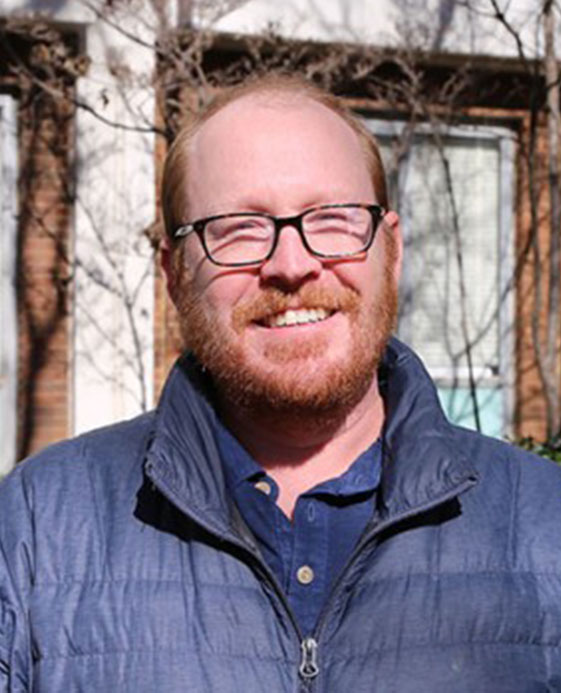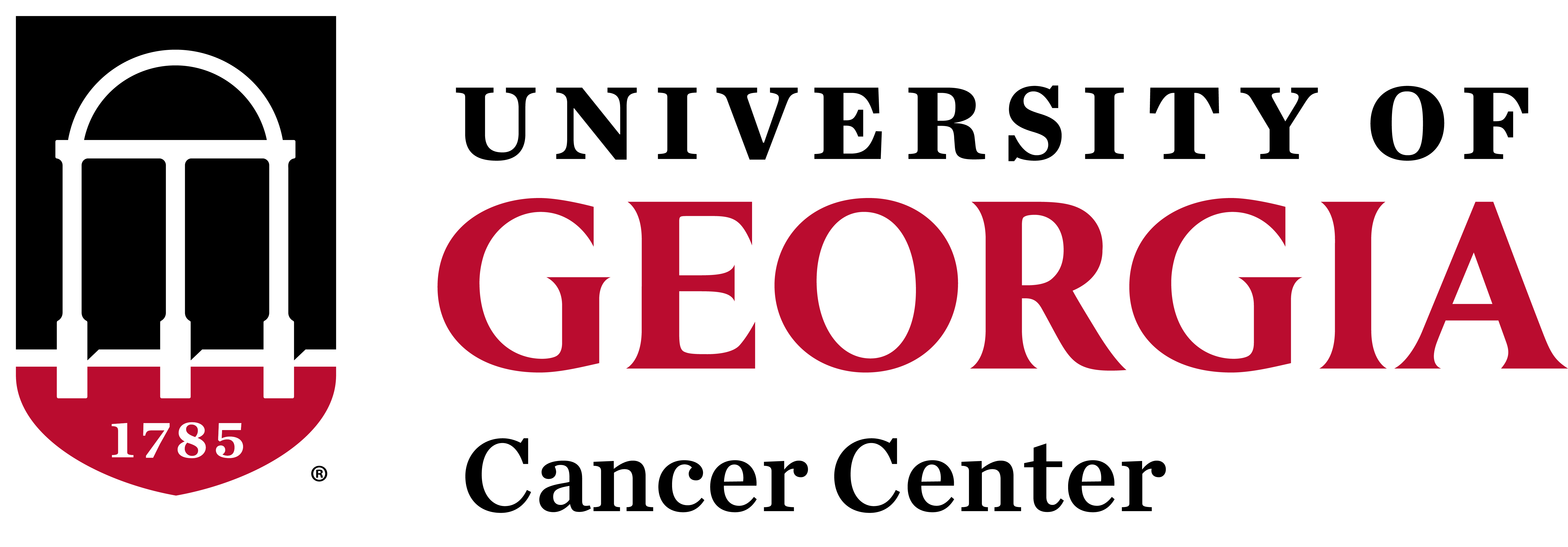
Zachary A. Lewis
I established my laboratory at the University of Georgia (UGA) in 2011. We work with a variety of fungal species to achieve two major goals: (1) to understand assembly and function of specialized chromatin domains in the nucleus and (2) to develop new strategies to treat fungal infections. My laboratory at UGA is currently by the NIH, and we have received prior support from the American Cancer Society, the Department of Energy, and the March of Dimes Research Foundation. Our research has led to several important discoveries regarding the regulation and function of repressive chromatin domains, as well as other aspects of chromatin structure and function. Work in my own is focused primarily on the model eukaryote, Neurospora crassa, but we have also carried out genomics, epigenomics, and bioinformatics analyses of the medically relevant fungus Aspergillus nidulans, zebrafish, and a number of bacterial species through collaborations with others. Members of my lab are experienced using genomics, bioinformatics, genetics, molecular biology, and proteomics. We have also worked closely with the Meagher lab to develop and test targeted antifungal liposomes against several fungal pathogens. In addition to my talented and capable research team, I work closely with members of the UGA Fungal Biology Group (http://research.franklin.uga.edu/fungi/), which consists of over 15 research teams focused on many aspects of fungal biology. Our research team, environment, and ideal choice of experimental systems all facilitate rapid progress toward our research goals. In summary, my expertise in fungal biology will complement expertise in the adjoining Meagher laboratory and the Lin laboratory to ensure that the goals of this project are accomplished successfully and efficiently. I look forward to continuing as an active participant in our collaborative work to develop Dectin-targeted antifungal liposomes and Dectin-based one-step fungal diagnostics.
- I established my laboratory at the University of Georgia (UGA) in 2011. We work with a variety of fungal species to achieve two major goals: (1) to understand assembly and function of specialized chromatin domains in the nucleus and (2) to develop new strategies to treat fungal infections. My laboratory at UGA is currently by the NIH, and we have received prior support from the American Cancer Society, the Department of Energy, and the March of Dimes Research Foundation. Our research has led to several important discoveries regarding the regulation and function of repressive chromatin domains, as well as other aspects of chromatin structure and function. Work in my own is focused primarily on the model eukaryote, Neurospora crassa, but we have also carried out genomics, epigenomics, and bioinformatics analyses of the medically relevant fungus Aspergillus nidulans, zebrafish, and a number of bacterial species through collaborations with others. Members of my lab are experienced using genomics, bioinformatics, genetics, molecular biology, and proteomics. We have also worked closely with the Meagher lab to develop and test targeted antifungal liposomes against several fungal pathogens. In addition to my talented and capable research team, I work closely with members of the UGA Fungal Biology Group (http://research.franklin.uga.edu/fungi/), which consists of over 15 research teams focused on many aspects of fungal biology. Our research team, environment, and ideal choice of experimental systems all facilitate rapid progress toward our research goals. In summary, my expertise in fungal biology will complement expertise in the adjoining Meagher laboratory and the Lin laboratory to ensure that the goals of this project are accomplished successfully and efficiently. I look forward to continuing as an active participant in our collaborative work to develop Dectin-targeted antifungal liposomes and Dectin-based one-step fungal diagnostics.
- https://www.ncbi.nlm.nih.gov/sites/myncbi/1bCghekE8b7/bibliography/40136834/public/?sort=date&direction=descending
